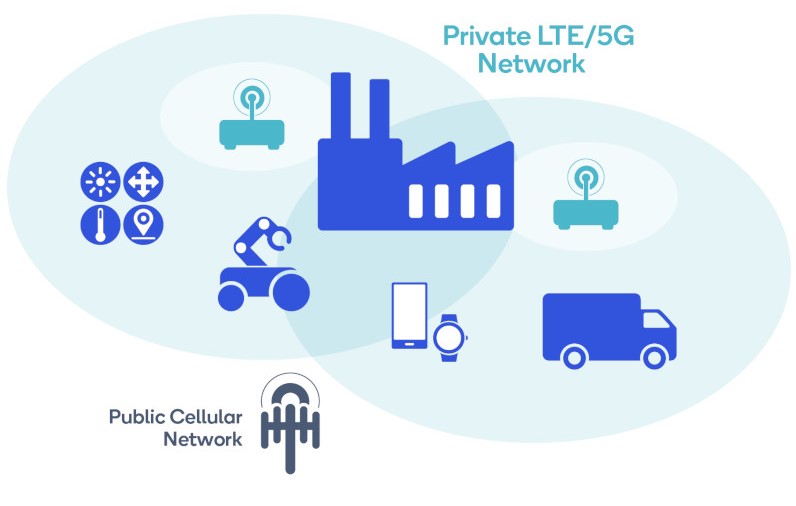The implementation of Private 4G/5G Networks brings excitement, but have you given thought to the crucial aspect of ongoing management? The widespread adoption of private 4G/5G networks is causing a buzz across various industries, signifying a transformative shift in how businesses leverage connectivity. The allure of ultra-fast, low-latency, and highly secure networks customized to specific organizational needs propels this pursuit.

The adoption of Private 4G/5G networks is rapidly expanding across diverse industry verticals, including hospitals, education, energy, and mining. However, this race isn’t just about gaining a competitive edge in terms of speed and performance.
Key concerns revolve around ensuring consistent 4G/5G network performance, robust security, and safeguarding data privacy. Private 4G/5G networks provide organizations with greater control over data and network security, especially crucial for industries dealing with sensitive information or operating mission-critical systems. Yet, challenges are on the horizon.
Enterprises investing in private 4G/5G wireless networks often overlook the importance of managing these networks post-deployment. Several core issues are currently affecting those planning, deploying, or managing existing 4G/5G networks:
- Lack of Ongoing Management Plans: Enterprises invest in private wireless networks without considering or planning for their ongoing management and maintenance. There’s a lack of foresight in addressing the need for continuous support and improvements post-deployment.
- Absence of Qualified Staff: IT departments may lack the necessary expertise or qualifications to manage and maintain private cellular 4G or 4G/5G networks. Specialized resources are essential for managing and troubleshooting complex RF (radio frequency) issues that may arise.
- Dependency on Construction Companies: Construction companies often build private wireless networks, but there might be no designated plan or resources for ongoing maintenance after deployment. The skill set required for deployment differs significantly from that needed for maintenance.
- Issues with Scalability and Configuration: Organizations may start with simple designs but face challenges when scaling up, leading to stability issues or configuration problems. This lack of scalability planning may necessitate external support from carriers or other experts.
- Investing in 4G/5G Performance Monitoring Platforms: Private 4G/5G networks can experience variations in performance that impact business applications. Organizations need to be proactive in planning initiatives for tools that monitor and optimize network performance.
Addressing these challenges is crucial for the long-term success and stability of private wireless networks. Considering ongoing management is paramount to realizing the full potential of Private 4G/5G Networks.
#4glte #5g #wirelessnetwork
